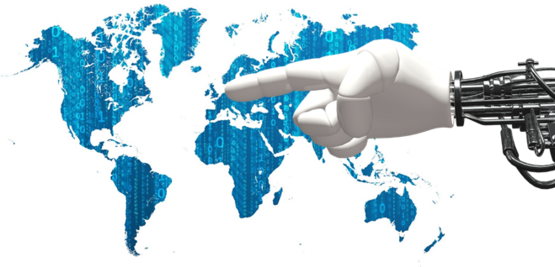How Smart Machines Transform the Austrian Economy

FWF-Project P 30434-G27 (2017-2020)
Funding: EUR 402,098.55
Project start: July 1st, 2017
Project Website on Researchgate
Motivation: A new wave of digitalization and automatization is dawning. This "second machine age" centres on smart machines such as new types of robots, artificial intelligence and other computer-related technologies.
Many advanced economies have experienced low growth rates and modest aggregate productivity gains for some time now – a problem which is high on the agenda of policy makers and economists. An essential part of its solution may come from the surge of innovations and investments spurred by the vast economic potential of smart machines.
To do justice to the complexities involved in the emergence and diffusion of new technologies – and especially general purpose technologies – the current project smart takes on a systemic perspective to investigate Austria’s readiness for the Digital Revolution. We study the socioeconomic potentials and challenges related to the emergence and diffusion of smart machines and how they can be expected to transform the Austrian economy.
Tasks: Smart machines open up new and promising ways to spur growth, but they also raise serious socioeconomic challenges. The current project is therefore designed to shed light on economic opportunities and risks related to smart machines and, in particular, to the expected upcoming wave of digitalization and automatization of economic activities.
The actual impacts of the diffusion of smart machines are yet difficult to foresee. In order not to go astray, we start from the path dependency of technological progress. We begin by analyzing the existing socioeconomic structure and the present institutional and policy framework and investigate their role as important determinants of the adoption and diffusion process of new technologies. Within our systemic approach, the readiness for the Digital Revolution is studied within three tasks, which address the following questions:
- Task 1: Is there already empirical evidence of digitalization and automatization triggered by the diffusion of 'smart machines' in the Austrian labour market?
- Task 2: How 'ready' is the Austrian economy for the Digital Revolution in terms of its capacity to adopt and adapt to a new technological paradigm in comparison with other countries?
- Task 3: How 'ready' is the institutional and policy framework for the "second machine age"?
